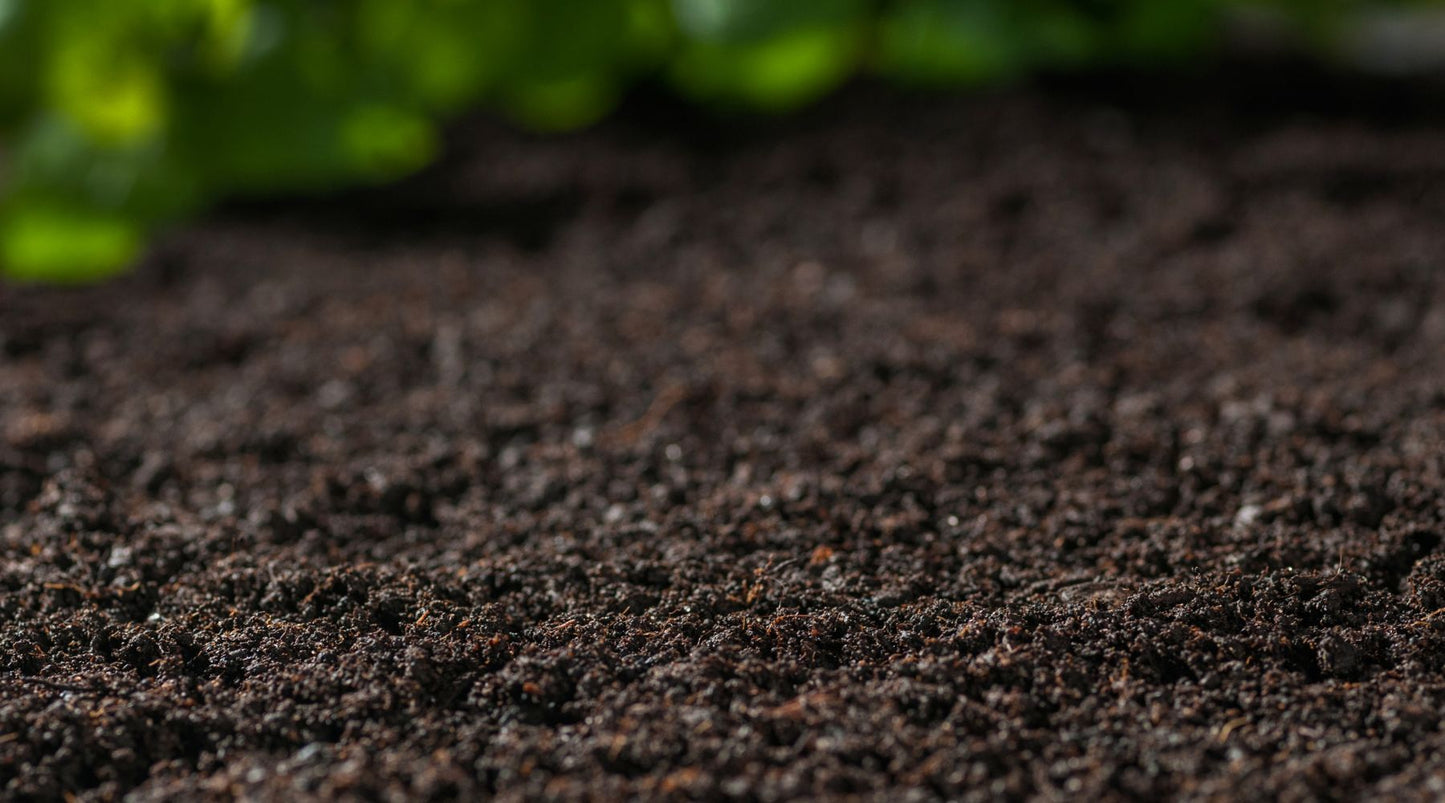
Soil depletion and the lack of nutrients in modern foods are significant issues that are affecting our health and the environment. Soil is a vital resource that provides the necessary nutrients for plants to grow and thrive. However, due to the overuse of intensive farming methods, soil has become depleted in essential minerals and nutrients, resulting in lower quality crops and nutrient-poor foods.
The use of chemical fertilisers, pesticides, and herbicides has contributed to soil depletion, causing the soil to become unbalanced and lacking in vital nutrients. In addition, modern farming practices often prioritise high yields over nutrient content, resulting in crops that are grown for their appearance, durability, and storage life, rather than their nutritional value.

The result is that many modern foods are lacking in essential vitamins, minerals, and nutrients. Studies have shown that the nutrient content of fruits and vegetables has decreased by up to 40% over the last 50 years, which is a significant decline.
There have been several studies conducted in the UK that have highlighted the decline in the nutrient content of fruits and vegetables due to overfarming and soil depletion. Here are a few examples:
- Calcium: A study conducted by researchers at the University of Durham found that the calcium content of broccoli had declined by 34% between 1978 and 2002 due to soil depletion.
- Iron: A study conducted by researchers at the University of Newcastle found that the iron content of carrots had declined by 75% between 1978 and 2002 due to changes in agricultural practices.
- Magnesium: A study conducted by researchers at the University of Edinburgh found that the magnesium content of vegetables had declined by 24% on average between 1940 and 1991 due to changes in agricultural practices.
- Vitamin C: A study conducted by researchers at the University of Strathclyde found that the vitamin C content of apples had declined by 41% between 1951 and 1999 due to soil depletion and other factors.
- Vitamin B2: A study conducted by researchers at the University of Warwick found that the vitamin B2 content of milk had declined by 30% between 1960 and 2002 due to changes in animal feed and farming practices.
This lack of nutrients in modern foods can have serious consequences for our health. For example, a lack of vitamin C can lead to a weakened immune system and an increased risk of infections, while a lack of calcium can lead to weaker bones and an increased risk of osteoporosis.
Fortunately, there are ways to combat soil depletion and the lack of nutrients in modern foods. One of the most effective ways is to support sustainable agriculture practices, such as organic farming and regenerative agriculture. These methods focus on building healthy soil by using natural fertilisers and compost, rotating crops, and promoting biodiversity.

Another way to combat nutrient-poor foods is to prioritise nutrient-dense foods in our diet. Nutrient-dense foods are foods that are high in essential vitamins, minerals, and nutrients. Examples of nutrient-dense foods include dark leafy greens, berries, nuts and seeds, and cruciferous vegetables.
Supplementing our diet with nutrient-dense superfoods can also be helpful in ensuring that we are getting the essential nutrients we need. Superfoods are foods that are particularly high in nutrients and antioxidants, such as spirulina, chlorella, wheatgrass, and maca root.
In conclusion, soil depletion and the lack of nutrients in modern foods are serious issues that require our attention. By supporting sustainable agriculture practices and prioritising nutrient-dense foods in our diet, we can take steps to ensure that we are getting the essential vitamins, minerals, and nutrients we need to support optimal health and well-being.
